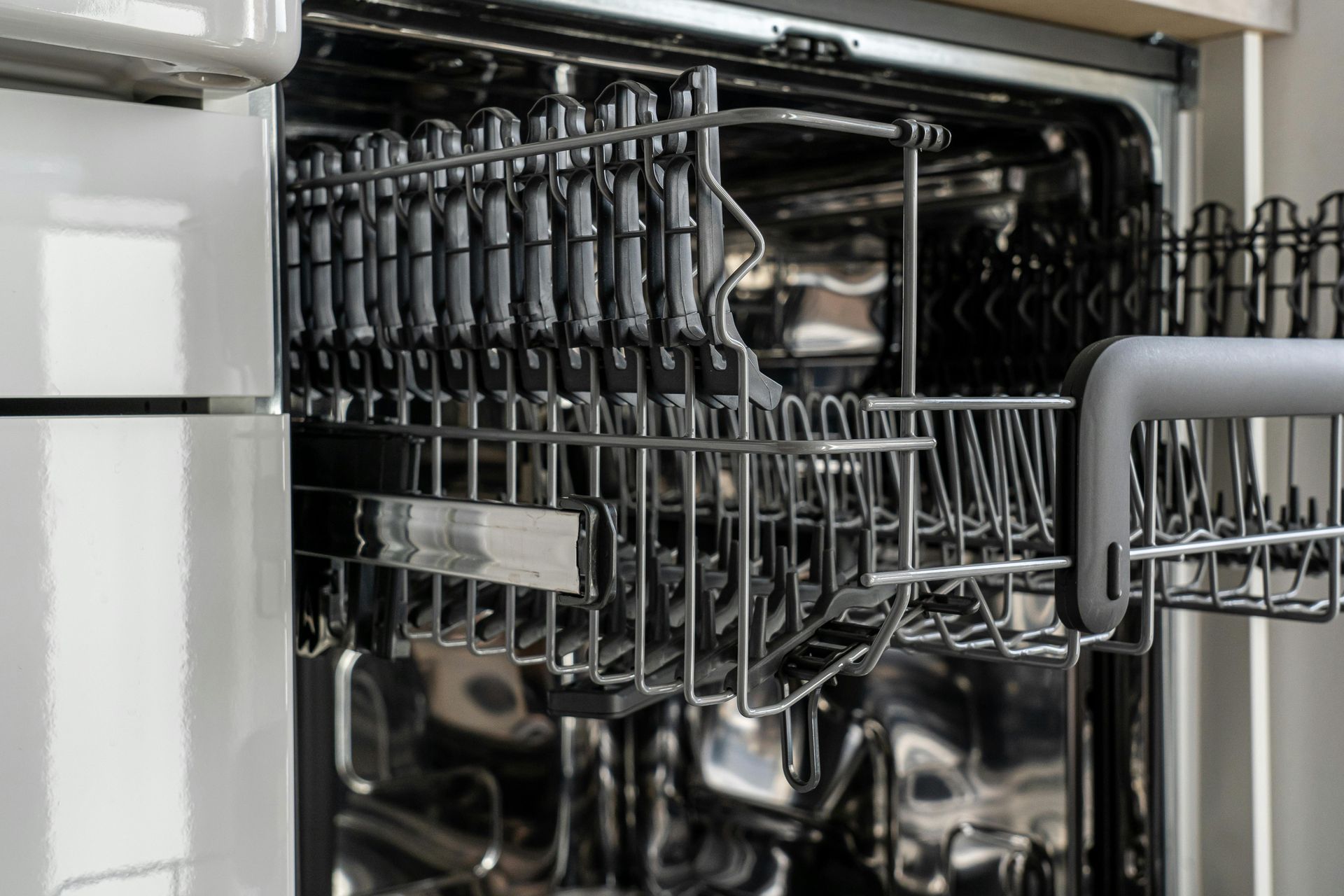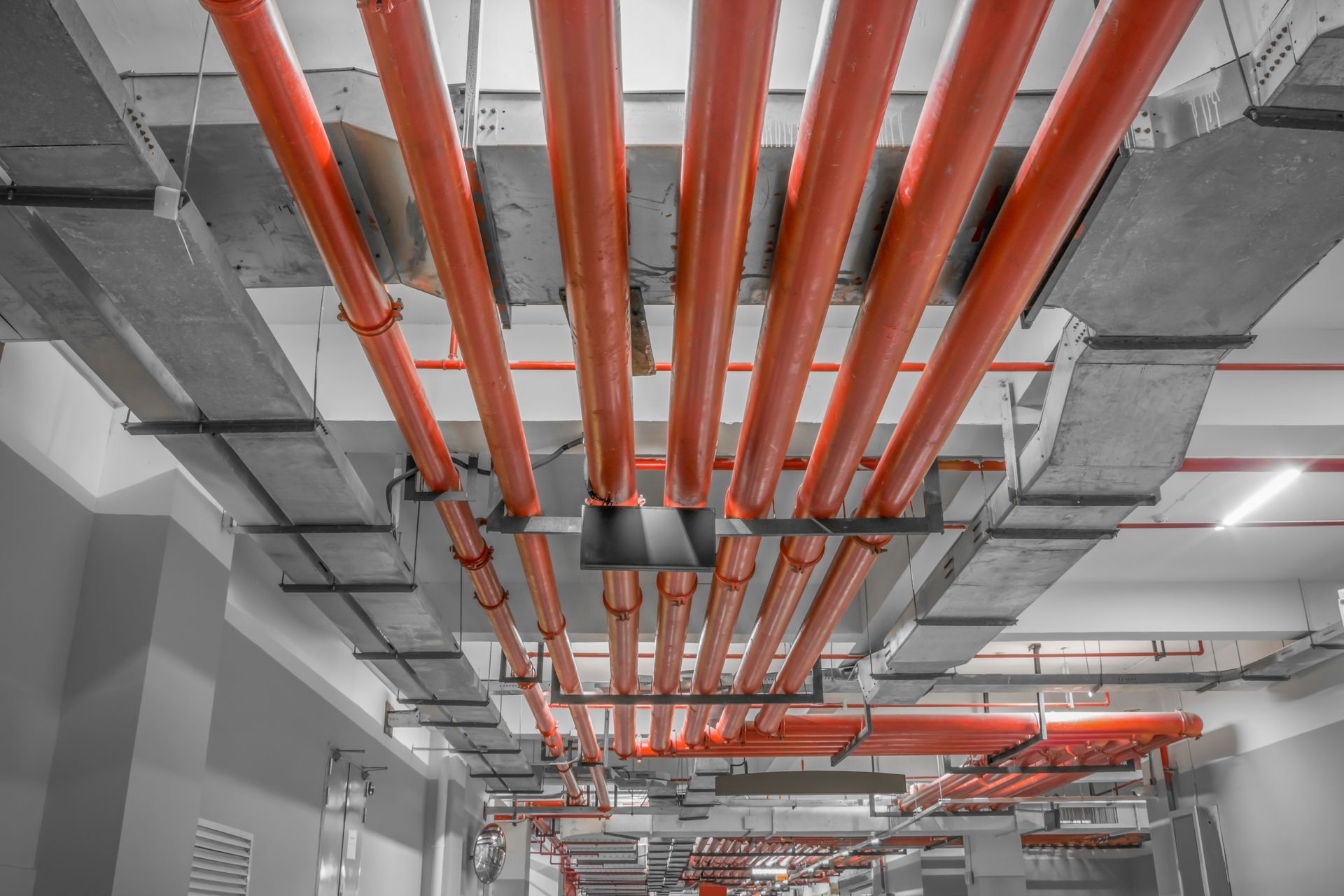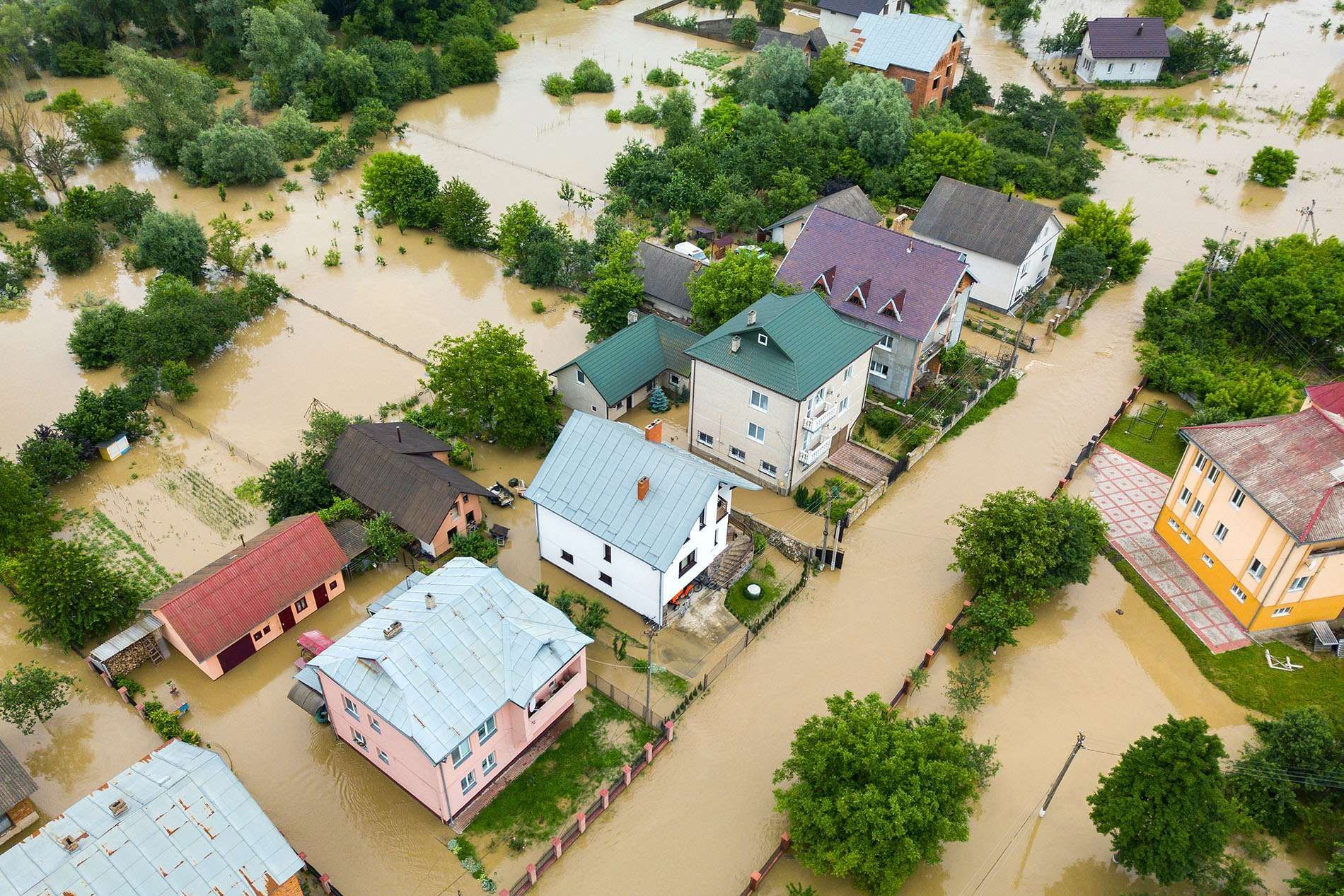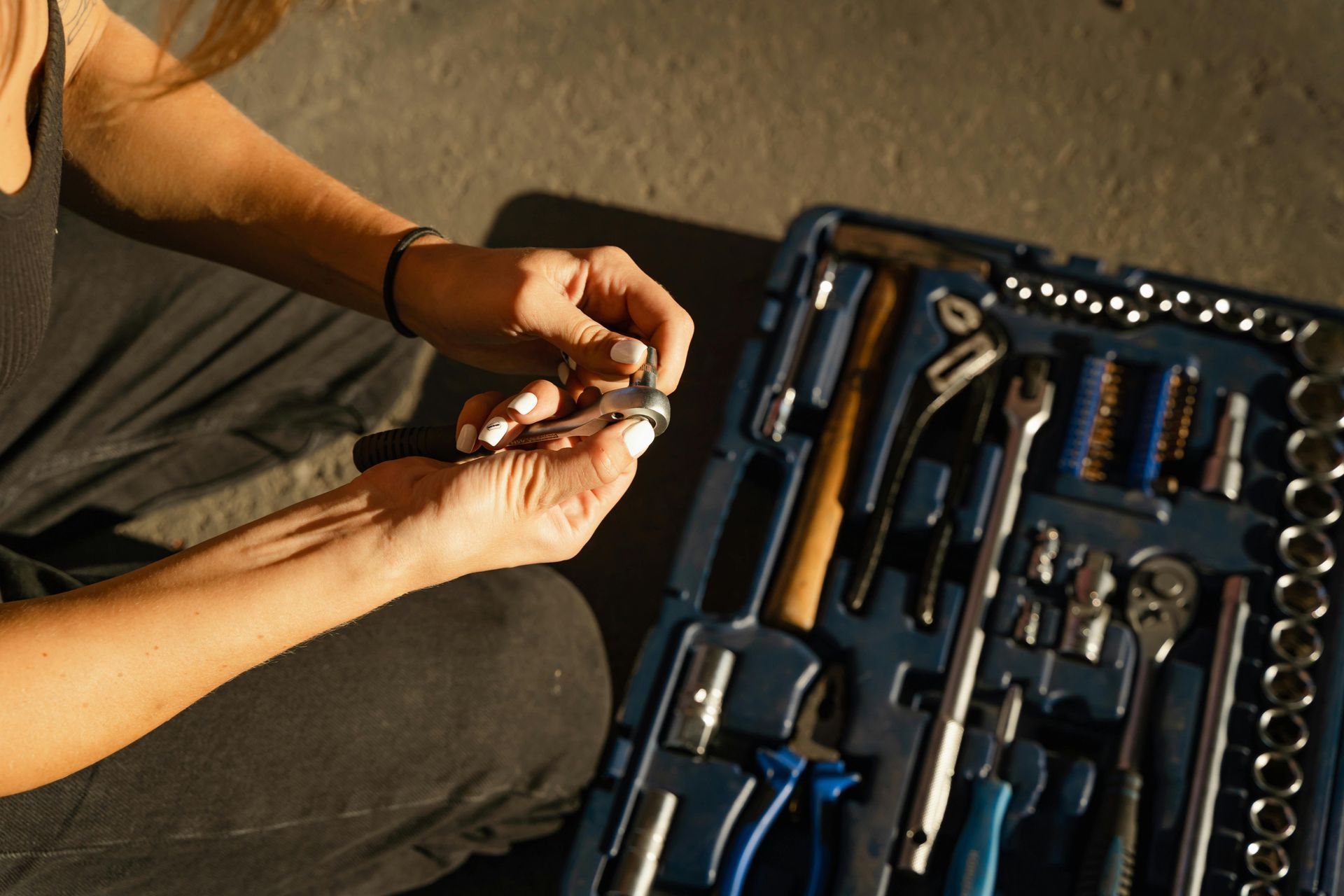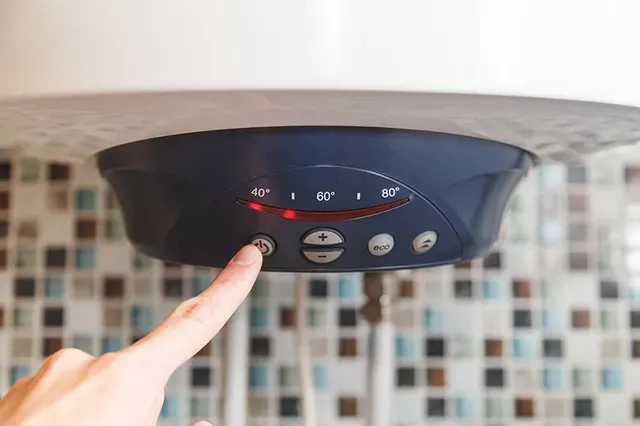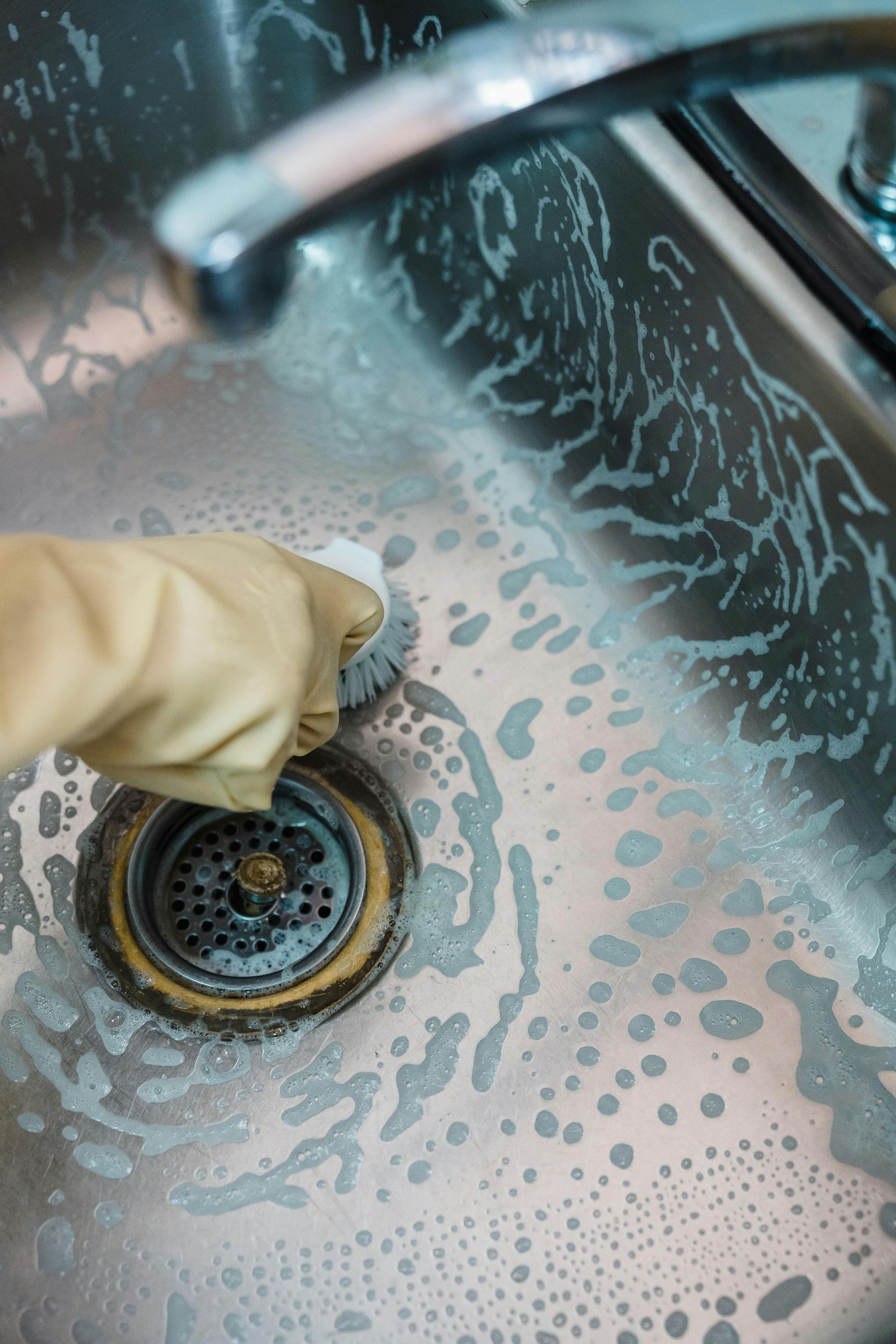What to Do If Your Sewer Line Backs Up
A sewer line backup is one of the most stressful plumbing issues a homeowner can face. Not only is it unpleasant and disruptive, but it can also pose significant health risks and cause extensive damage to your property if not addressed promptly. Understanding what to do when faced with this situation can help minimize damage and restore normalcy as quickly as possible. A sewer line backup occurs when there is a blockage or damage in the main sewer line, preventing wastewater from flowing away from your home. This can result in raw sewage backing up through drains, toilets, and sinks. Here’s an in-depth guide on how to handle a sewer line backup effectively and safely.
"How to Choose the Right Sewer Line Material"
Recognize the Signs of a Sewer Line Backup
The first step in addressing a sewer line backup is recognizing it early. Common warning signs include multiple drains in your home becoming slow simultaneously, water backing up in sinks or tubs, unpleasant odors of sewage emanating from drains, and gurgling sounds in your pipes or toilets. If you notice any of these signs, it’s crucial to act quickly to prevent further damage.
Stop Using Water
Once you identify a sewer line backup, immediately stop using water in your home. This includes avoiding flushing toilets, running dishwashers, or using washing machines. Continuing to use water will only worsen the situation, as the wastewater has nowhere to go and will exacerbate the backup.
Avoid DIY Solutions
While it may be tempting to try DIY fixes, such as plunging or using chemical drain cleaners, these methods are often ineffective for sewer line backups and can even cause additional damage. Plunging may dislodge minor clogs but is unlikely to resolve a major blockage in the main sewer line. Chemical drain cleaners can corrode pipes, making the problem worse in the long run.
Call a Professional Plumber
Sewer line backups require professional expertise and equipment to diagnose and resolve the issue properly. Call a licensed plumber who specializes in sewer line repairs. They will typically perform a video inspection to identify the location and cause of the blockage. This could be due to tree roots infiltrating the pipes, grease buildup, collapsed pipes, or other obstructions. Once the problem is identified, they can use specialized tools like augers, hydro-jetting machines, or even trenchless repair methods to clear the blockage or repair the damage.
Protect Your Property
While waiting for the plumber to arrive, take steps to protect your property from further damage. If sewage has already backed up into your home, isolate the affected area and keep children and pets away. Use protective gloves, boots, and masks to avoid contact with the contaminated water, which can carry harmful bacteria and pathogens. You can place towels or sandbags around vulnerable areas to contain the spread of water and prevent it from reaching clean or dry areas.
Prevent Future Backups
Once the immediate issue is resolved, it’s essential to take preventive measures to avoid future sewer line backups. Regular maintenance is key—schedule annual inspections with a professional plumber to identify potential problems early. Avoid flushing non-biodegradable items like wipes, sanitary products, or paper towels, as these can cause clogs. Dispose of grease, fats, and oils in the trash instead of pouring them down the drain, as they can solidify and create blockages over time. For properties with extensive landscaping, consider planting trees and shrubs away from sewer lines to prevent root infiltration.
Understanding the Costs
It’s worth noting that addressing a sewer line backup can be expensive, depending on the severity of the issue. While minor blockages may be resolved for a few hundred dollars, more severe problems like pipe replacement or excavation can cost several thousand dollars. Homeowners’ insurance policies often do not cover sewer line repairs unless additional coverage is purchased, so it’s wise to review your policy and consider adding this protection.
Conclusion
Dealing with a sewer line backup is never pleasant, but knowing what to do can make the process less overwhelming. Acting quickly to stop water usage, calling a professional plumber, and protecting your property can help minimize damage and restore your plumbing system efficiently. Prevention is always better than cure, so adopting good practices and scheduling regular maintenance can save you from the stress and expense of future backups. By staying vigilant and proactive, you can ensure your home remains safe, clean, and functional.


